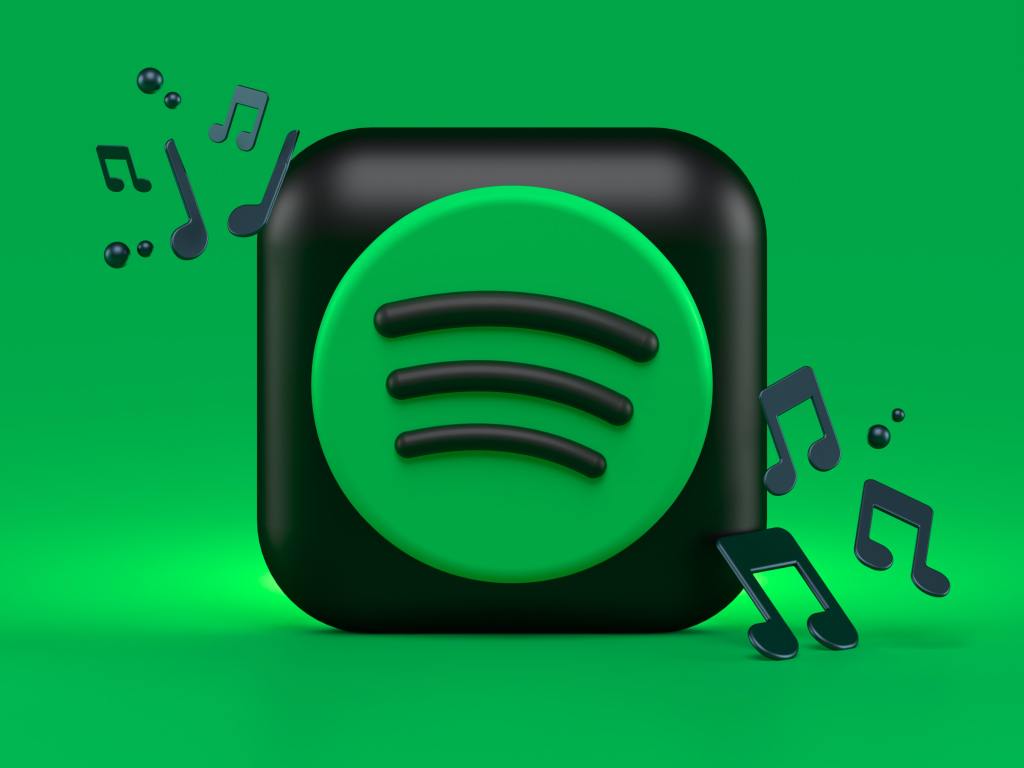In a move that melds the domains of music streaming and blockchain innovation, Spotify has wandered into the universe of non-fungible tokens (NFTs), reforming how clients draw in with their number one tunes by presenting token-gated, select playlists open just through NFT possession.
Spotify has forever been at the cutting edge of advancement in the music streaming industry, reliably investigating better approaches to improve client experience. Presently, by embracing NFTs, they are taking advantage of the developing pattern of blockchain innovation, offering an exceptional convergence of music and computerized workmanship.

Non-fungible tokens, or NFTs, have acquired far reaching notoriety for their capacity to address possession and realness of advanced resources. While at first connected with computerized craftsmanship and collectibles, NFTs are presently tracking down their direction into the music business, permitting specialists and stages like Spotify to make another component of communication with fans.
Anyway, how can it work? Spotify audience members can buy or acquire NFTs related with explicit craftsmen, collections, or even classifications. Once possessing these advanced tokens, clients get sufficiently close to elite playlists that are locked behind the NFT entryway. This model presents an interesting dynamic, mixing the conventional idea of music possession with front line blockchain innovation.

Possessing a computerized resource associated with your #1 craftsman is now tempting, however Spotify makes it a stride further by organizing select playlists that must be opened with the comparing NFT. This brings a feeling of extraordinariness and selectiveness to the music-listening experience, cultivating a more profound association among craftsmen and their fan base. Envision having a NFT from your number one craftsman that fills in as a respectable symbol as well as awards you admittance to a playlist cautiously organized by the actual specialists. A customized touch rises above the regular streaming experience, making a more cozy association between the audience and the craftsman.
This move by Spotify lines up with the more extensive pattern of coordinating blockchain innovation into the music business, offering craftsmen new income streams and fans special ways of drawing in with their melodic inclinations. The NFT model permits specialists to adapt their fan base past customary income sources, and for audience members, it's a chance to take part in another time of music utilization. Also, the presentation of NFTs on Spotify opens up opportunities for coordinated efforts among craftsmen and advanced makers. Envision a situation where a performer teams up with a visual craftsman to deliver a restricted version NFT collection with an elite visual playlist. This enhances the listening experience as well as gives a stage to specialists from various spaces to meet up in the computerized domain.

As Spotify audience members enthusiastically anticipate the rollout of NFT-fueled restrictive playlists, the music business all in all is ready for a change in outlook. This is a demonstration of the organization's obligation to pushing limits and giving clients an unrivaled melodic excursion, each NFT in turn.
Frequently Asked Questions!
Does Spotify use NFTs?
In a move that combines the domains of music streaming and blockchain innovation, Spotify has wandered into the universe of non-fungible tokens (NFTs), reforming how clients draw in with their #1 tunes by presenting token-gated, selective playlists open just through NFT possession.
Is music a digital asset?
The tokenization of music and the capacity to make exceptional computerized content implies that music collections can now be seen as a resource class, giving another venture an open door to clients.
Why are musicians using NFTs?
The music business is about association, and a convincing explanation specialists incline toward NFTs is the immediate connection it makes among them and their fans. Specialists can sidestep conventional stages and go-betweens, piping more deals income into their own pockets and encouraging further associations with their fanbase.
Is Spotify a digital business?
Channels. Spotify plan of action depends fundamentally on computerized channels, including its versatile and work area applications, to connect with its clients. Clients can get to the stage essentially through these computerized roads.
